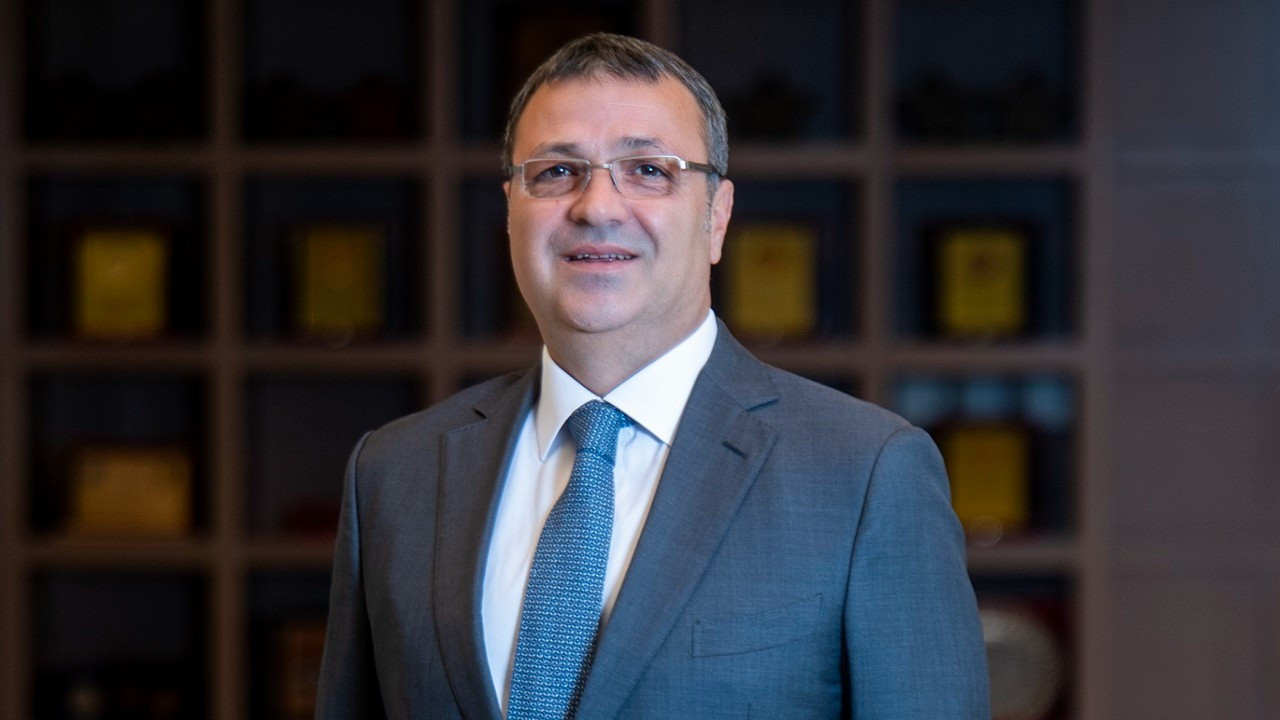
IMAM SUN
The Turkish steel industry, which ranks 10th in the world with its exports, announced that it has made a good start to the year, and the President of the Steel Exporters’ Association (CIB), Adnan Aslan, said that the period of rise in steel exports is over. Aslan said, “The fact that Russia and Ukraine, the world’s most important steel producers, are at war gave Turkey a privilege. Especially, European companies shifted their purchases to Turkey due to the sanctions imposed on Russia. These developments were also reflected in the export figures.”
Tonnage and price will begin to decline
Noting that the steel industry, which recorded an increase of 30 percent in the first 6 months of the year compared to the previous period, closed the first half of the year with 11.9 billion dollars, Aslan said that the tonnage and price decrease in steel exports will begin. Evaluating the developments in the sector, Aslan said, “Everything was going well until the fifth month. After this month, the recession started. Due to the lack of demand, raw material prices dropped very quickly. Scrap prices fell from $650 to $330 in June. In July, the price of imported scrap rose to $400. In fact, we expected a decrease by the end of the year, but our rise continued in the first 6 months of the year when the Russia-Ukraine war broke out among the major producer countries. Especially in March, April and May, our exports increased significantly. We expect a decrease in both tonnage and price as of July.”
Developments in China determine the course of the industry
Pointing out that China’s strict implementation of COVID-19 measures and the real estate crisis adversely affected the sector, Aslan said, “There is a serious slowdown in the construction industry. In the last month, 4 local banks have filed for bankruptcy. Chinese citizens who take housing loans do not make their payments to banks. Situations in China are indicative for our industry. Steel prices in Shanghai stock market dominate both the raw material and the finished product in the world market. “We are being asked to reduce prices on the grounds that prices in China have dropped,” he said.
6 million tons of additional capacity
Underlining that investments have increased despite the global stagnation in the sector, Adnan Aslan stated that investments in import-substituting products have gained momentum. Noting that there is an investment attack especially in flat products, Aslan said in his statement, “A few of our companies will start hot and cold flat production. Tosyalı, Çolakoğlu, Habaş will establish an additional capacity of 5.5-6 million tons by the end of 2023. Tosyalı İskenderun will make a new investment in Sarizeki region. The investment amount of these companies will amount to approximately 2 billion dollars. Growth in Turkey is good. There is an export between 22-24 million tons. Production is 35 million tons in liquid steel and 40 million tons in finished product production. Our flat hot import is 8 million tons. This product is bought by the pipe and machinery industry. White goods and automotive sectors take the flat cold. These investments were made for replacement. It will significantly reduce our imports.”
“If the EU removes the quotas, we will fly in exports”
Making a statement about the quarterly quotas applied by the EU to non-member steel producing countries, Aslan said, “We want the quotas to increase, but they do not. When the ‘other countries’ group could not provide enough products in the quota in the second quarter, they divided the 7-8 percent share to other countries. Therefore, our tonnage has also increased. We completed our quota in the bar group in one day in our quota in the third quarter. We filled the three-month quota in one day. If there is no quota, we will fly in the EU market,” he said.
The Russians made competition more difficult by establishing companies from other countries.
Emphasizing that exports to South America, the USA, Canada and Europe are very good, Adnan Aslan states that they are also growing steadily in the Yemeni market. Stating that Oman, Qatar and Saudi Arabia sent their employees to this country to enter the Yemen market, Aslan said, “Yemen is our stable market. We sell 150-200 thousand tons of products every month. Apart from us, Iran also exports to this market. This exit of the Gulf countries will seriously increase the competition in this market. On the other hand, the practices of Russian companies make competition difficult. The oligarch owners of these companies have established companies on behalf of others in the United Arab Emirates, Israel and Colombia. That way they don’t get caught in the embargo. Especially Ablynx and Severstal companies give very aggressive prices. In order to compete with these companies, we have to lower the prices,” he said.
